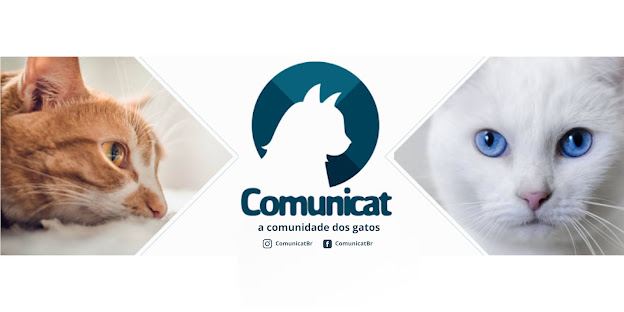Why Do Cats Purr? The Science Behind This Feline Phenomenon
Cats are fascinating creatures, and one of their most endearing traits is their ability to purr. But have you ever wondered why cats purr? In this blog post, we’ll explore the science behind this feline phenomenon and discover the reasons why cats purr.
The Mechanics of Purring
First, let’s take a look at how cats actually purr. Purring is produced by the rapid movement of the muscles in a cat’s larynx (voice box) and diaphragm. These muscles move at a rate of 25-150 vibrations per second, causing the vocal cords to separate and produce the characteristic purring sound.
Reasons Why Cats Purr
Now that we know how cats purr, let’s explore the reasons why they do it. Cats purr for a variety of reasons, including:
Contentment
One of the most common reasons why cats purr is because they are content. When a cat is happy and relaxed, they will often purr as a way to express their satisfaction. This is why you’ll often hear a cat purring when they are being petted or cuddled.
Communication
Cats also use purring as a form of communication. For example, mother cats will often purr to their kittens as a way to communicate with them. Kittens are born deaf and blind, so the vibrations from their mother’s purring help them to locate her and find their way to her for nursing.
Self-Soothing
Purring can also serve as a form of self-soothing for cats. When a cat is in pain or feeling stressed, they may purr as a way to calm themselves down and reduce their anxiety. Research has shown that the vibrations produced by purring can have therapeutic effects on the body, helping to reduce pain and promote healing.
Seeking Attention
Finally, cats may also purr as a way to seek attention from their owners. If your cat is hungry or wants to be petted, they may start purring as a way to get your attention and let you know that they want something from you.
Conclusion
In conclusion, cats purr for a variety of reasons, including contentment, communication, self-soothing, and seeking attention. The next time you hear your cat purring, take a moment to appreciate this fascinating feline phenomenon and try to understand what your cat is trying to communicate to you.
I hope you found this blog post informative and interesting! If you have any questions or comments about why cats purr, feel free to leave them below.


Comentários
Postar um comentário